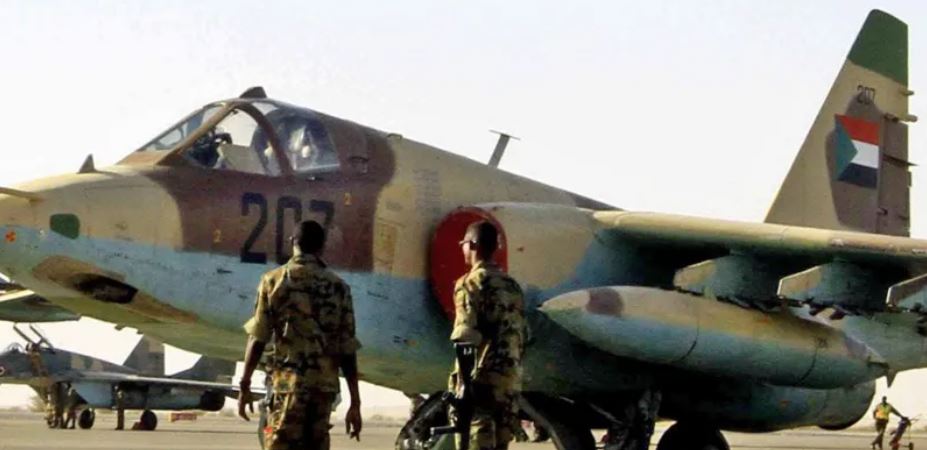UN Spokesman Stephane Dujarric who was briefing the media in New York on Thursday said there were reports of another 20 people killed in another attack in Khartoum.
“Our humanitarian colleagues tell us that there were also reports yesterday that at least 20 people were killed by heavy artillery fire in Omdurman in Khartoum State, in an area controlled by the Sudanese Armed Forces (SAF), HE SAID.
“As we have said repeatedly, and I think that the Secretary-General has been very clear on this, the large-scale violence we have seen against civilians, in North Darfur, Aj Jazirah, and Khartoum and beyond, underscores the need for immediate de-escalation.”
Dujarric added: “Our humanitarian colleagues stress that after almost 20 months of conflict, the bloodshed in Sudan must stop now.”
He urged all parties to respect international law, and international humanitarian law and protect civilians.
“The parties must do all they can to spare civilians and civilian objects,” the spokesperson stated. Radio Tamazuj






